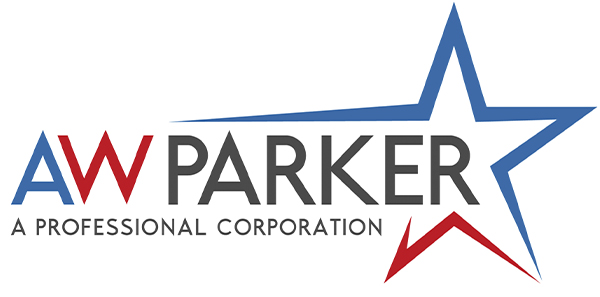CONTACT US
Enter your Name, Email Address and a short message. We'll respond to you as soon as possible.


Wes Parker, EA
AW Parker, P.C.
Forum III Building
1770 Kirby Parkway, Suite 117
Germantown, TN 38138
Phone: 901-794-3528
Fax: 901-794-8354
Email: wes@wesparkeronline.com

SECTION 179
For 2022, the limit for Section 179 expensing on eligible property is $1,080,000 and phases out completely at $2,700,000. In 2023, the limit is $1,160,000 and phases out at $2,890,000.
Within these guidelines, Section 179 also allows for immediate 100% expensing of qualified improvement property placed in service from tax years 2018 through 2022. This provision begins to phase out in 2023, when there is a maximum of 80% expensing allowed. Improvements include:
If your gross receipts exceed that threshold, you must use the accrual method. For more information about the advantages and disadvantages of each method, speak with your tax professional, or see IRS Publication 538 – Accounting Periods and Methods.
Enter your Name, Email Address and a short message. We'll respond to you as soon as possible.
AW Parker, P.C. and LTM Marketing Solutions, LLC are unrelated companies. This guide was created by LTM Marketing Solutions, LLC and was not written or created by the named financial professional and does not necessarily represent the views and opinions of Cetera Wealth Services, LLC.
Securities offered through Cetera Wealth Services, LLC, member FINRA/SIPC. Advisory Services offered through Cetera Investment Advisers LLC, a Registered Investment Adviser. Cetera is under separate ownership from any other named entity.
The information and opinions contained in this web site are obtained from sources believed to be reliable, but their accuracy cannot be guaranteed. The publishers assume no responsibility for errors and omissions or for any damages resulting from the use of the published information. This web site is published with the understanding that it does not render legal, accounting, financial, or other professional advice. Whole or partial reproduction of this web site is forbidden without the written permission of the publisher.